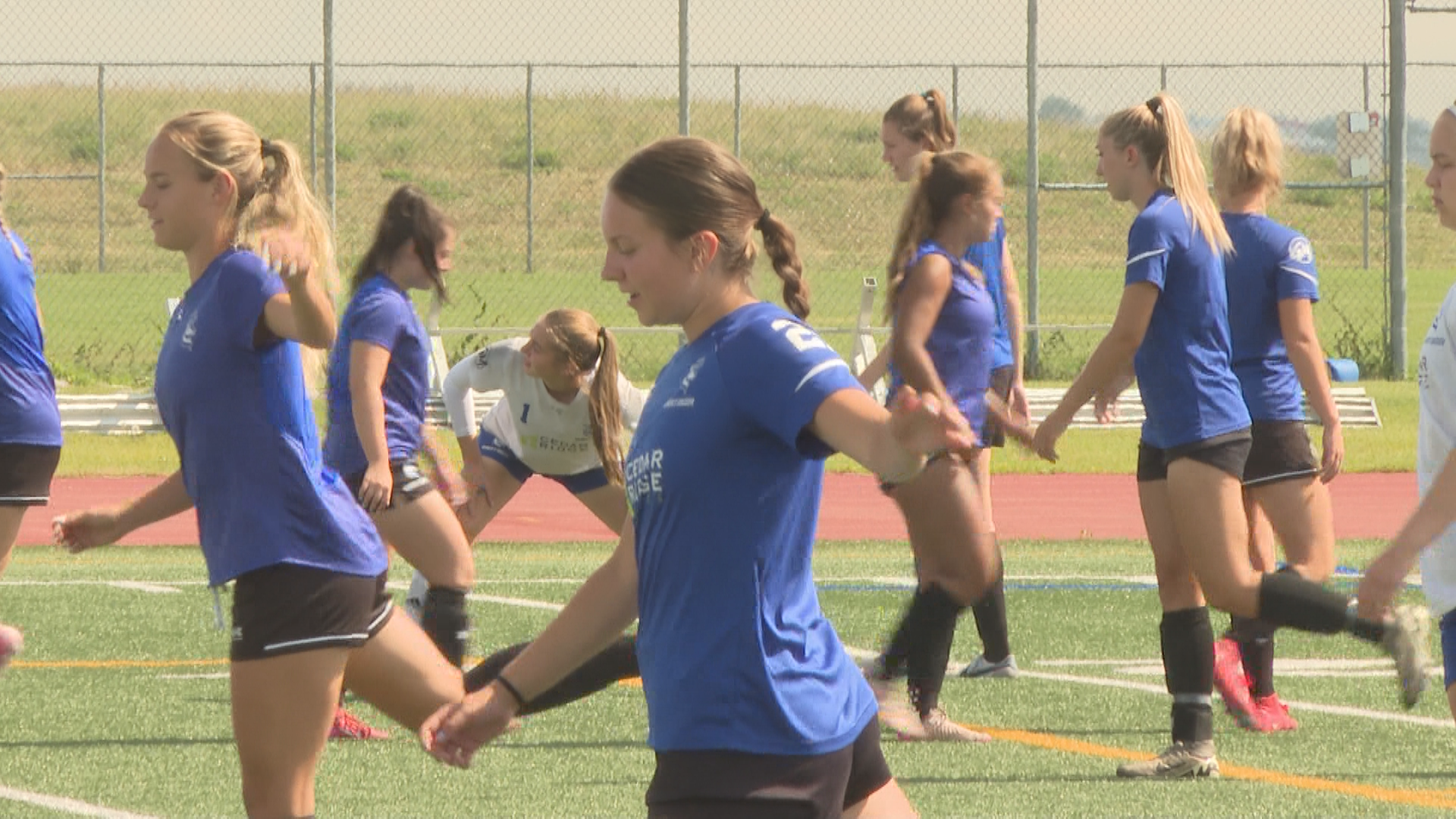Three residents filed a lawsuit this week against Sonoma County seeking to block code enforcement from using drones to take aerial images of their homes in what the American Civil Liberties Union is calling a “runaway spying operation.”
The lawsuit, filed by the ACLU Wednesday on behalf of the three residents, alleges that the county began using drones with high-powered cameras and zoom lenses in 2019 to track illegal cannabis cultivation, but in the years since, officials have used the devices more than 700 times to find other code violations on private property without first seeking a warrant.
“For too long, Sonoma County code enforcement has used high-powered drones to warrantlessly sift through people’s private affairs and initiate charges that upend lives and livelihoods. All the while, the county has hidden these unlawful searches from the people they have spied on, the community, and the media,” Matt Cagle, a senior staff attorney with the ACLU Foundation of Northern California, said in a statement.
A spokesperson for Sonoma County said the county is reviewing the complaint and takes “the allegations very seriously.”
The lawsuit comes amid a national debate over the use of drones by government agencies who have increasingly relied on the unmanned aircraft during disasters and for environmental monitoring and responding to emergency calls. More recently, some agencies in California and in other states have explored using drones to investigate code enforcement violations.
In 2024, nearly half of Sonoma County’s drone flights involved non-cannabis violations, including construction without a permit, junkyard conditions and zoning violations, according to data included in the complaint.
“The use of drones over someone’s private space raises a question of what is considered private,” said Ari Ezra Waldman, a professor of law at UC Irvine.
Waldman said if law enforcement on the ground wants to see on the other side of a tall fence or trees into someone’s property they have to get the person’s consent or they need probable cause for a warrant. “Why shouldn’t that apply above ground too?” he said.
California doesn’t have a law that regulates the use of drones by code enforcement agents.
In 2015, lawmakers in the state Assembly approved a measure that would have restricted the use of drones over private property without the owner’s permission. Then-Gov. Jerry Brown vetoed the bill saying at the time that it could expose hobbyists or commercial users to “burdensome litigation.”
The ACLU argues that the county’s use of drones as an investigative tool violates the California Constitution which provides people the right to privacy and against unreasonable searches and seizures.
“I think that our expectations of privacy are based on social norms and people don’t normally expect that someone is going to have a super high powered, detailed ability to capture extraordinary detail with a camera that’s just buzzing over their property,” Waldman said. “We shouldn’t have to walk around life expecting that just because this technology exists that we have no privacy from anything anymore, from any direction.”
The lawsuit also alleges that the county’s drone policy has loosened in the past several years. In 2019, the policy required inspectors to receive a complaint about a property before deploying a drone. Now, officials have no such requirement, allowing them instead to launch “discretionary proactive investigations,” the complaint states.
Residents named in the lawsuit say that the drones hovering above their homes have resulted in ongoing privacy concerns and a loss of enjoyment of their property. One plaintiff, Benjamin Verdusco, decided to sell his home after he learned that the county had been taking pictures of his backyard with a drone in 2021, according to the complaint.
Another plaintiff, Nichola Schmitz, who is deaf, wasn’t able to hear the buzz of the drone hovering above her property on Oct.10, 2023. When a worker on her property pointed it out she “became confused and worried,” the complaint states. She rushed to her bedroom and closed the curtains, concerned about how long the drone had been there and whether it had seen her naked on her property earlier that day.
She alleges the drone made two big loops around her property and, shortly after, a red tag appeared on her gate alleging two violations of the county code — one for illegal grading and another for having on her property an unpermitted dwelling, a small cabin that her father had built on the land in 1981. She spent $25,000 for a contractor to fix the alleged grading issue but still faces $10,000 in fines.
ACLU attorneys allege the evidence obtained by the drone was done so unlawfully because officials did not have a search warrant.
“This horrible experience has shattered my sense of privacy and security,” Schmitz said in a statement. “I’m afraid to open my blinds or go outside to use my hot tub because who knows when the county’s drone could be spying on me.”
A third plaintiff, Suzanne Brock, confronted county officials after she learned that they had taken detailed aerial photos of her outdoor bathtub and shower that she and her daughter used daily.
She expressed concern to inspectors that they might have seen her naked in the bathtub. Code Enforcement Inspector Ryan Sharp told her that “when we see something like that, we turn around,” according to the complaint.
When Brock asked if county officials see people during the flights, Sharp told her yes, according to the complaint, but added that “we don’t put that in the camera footage.”









